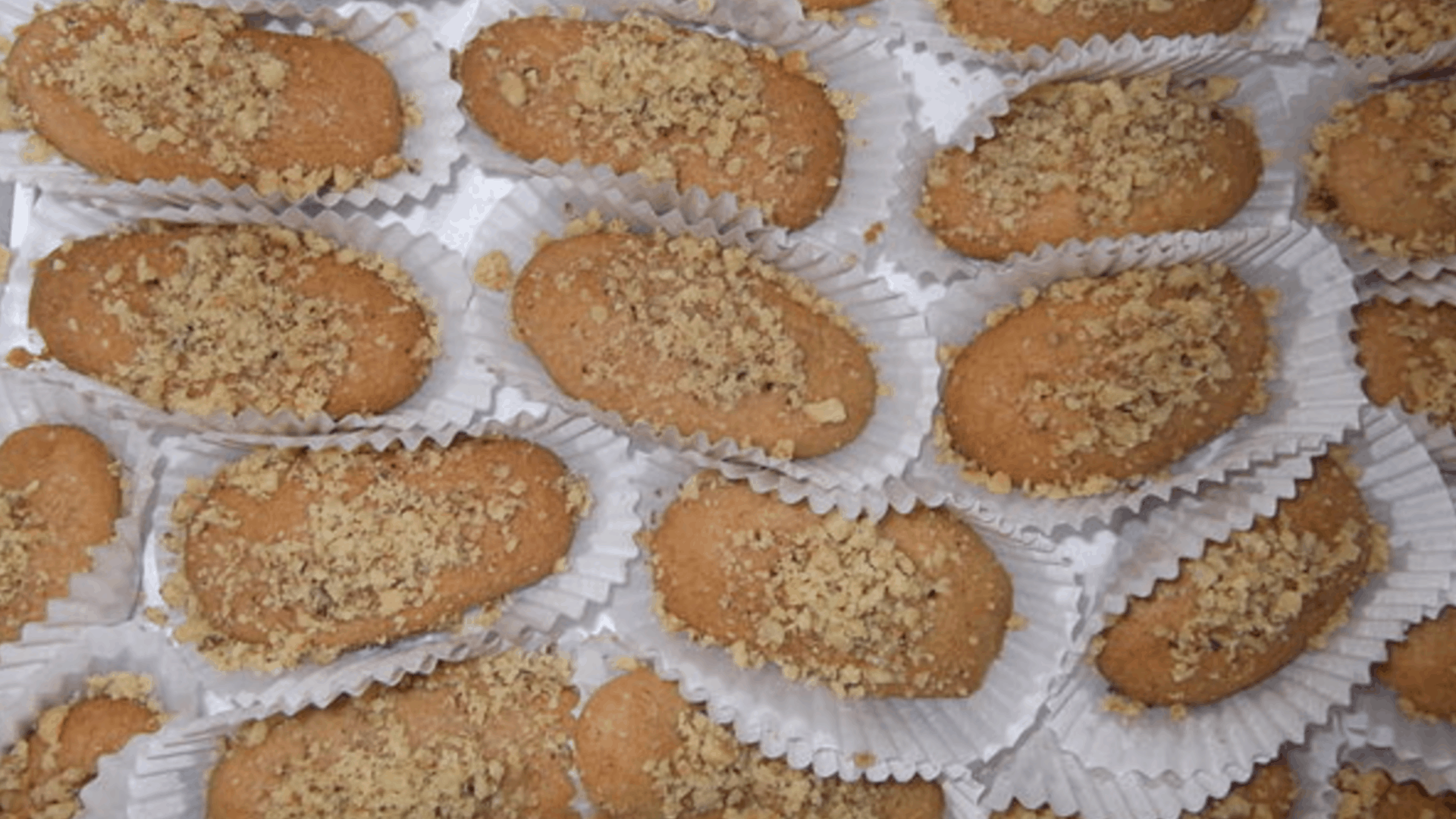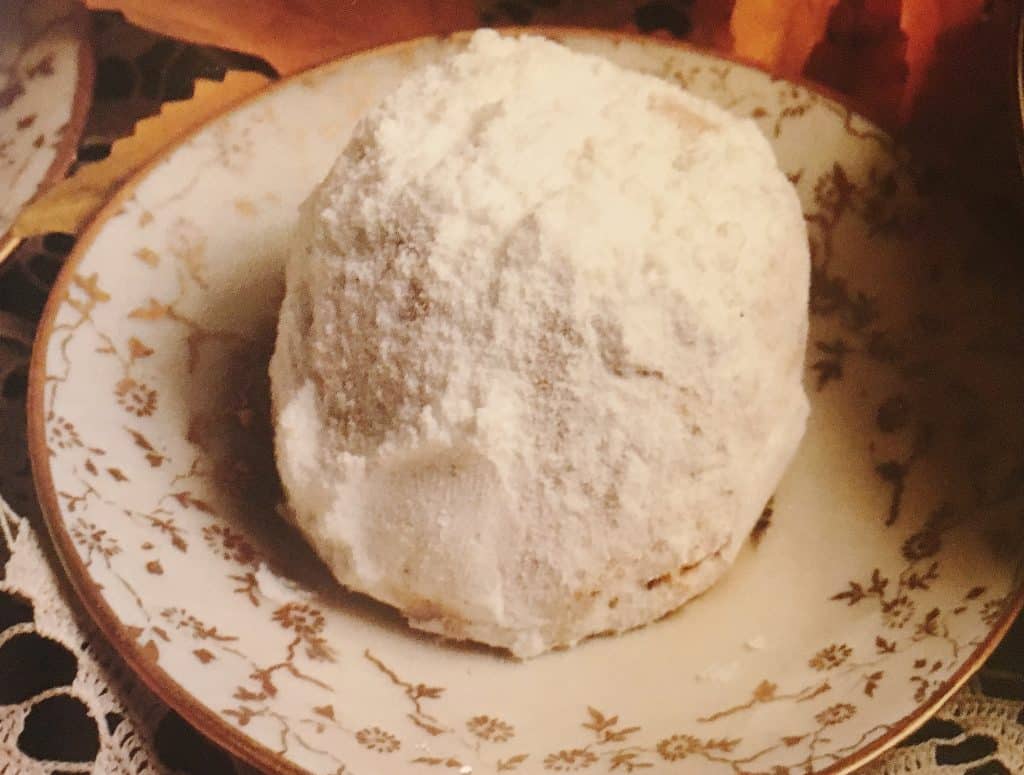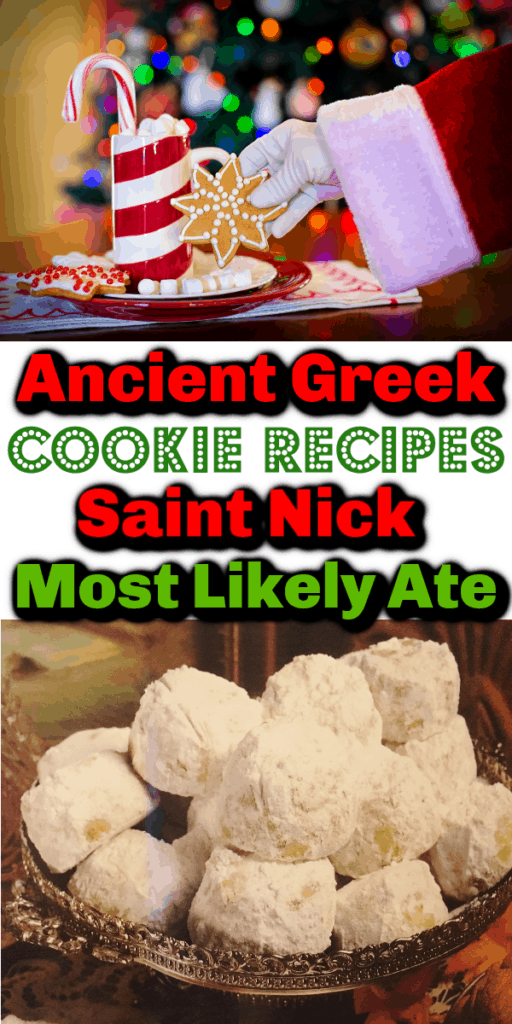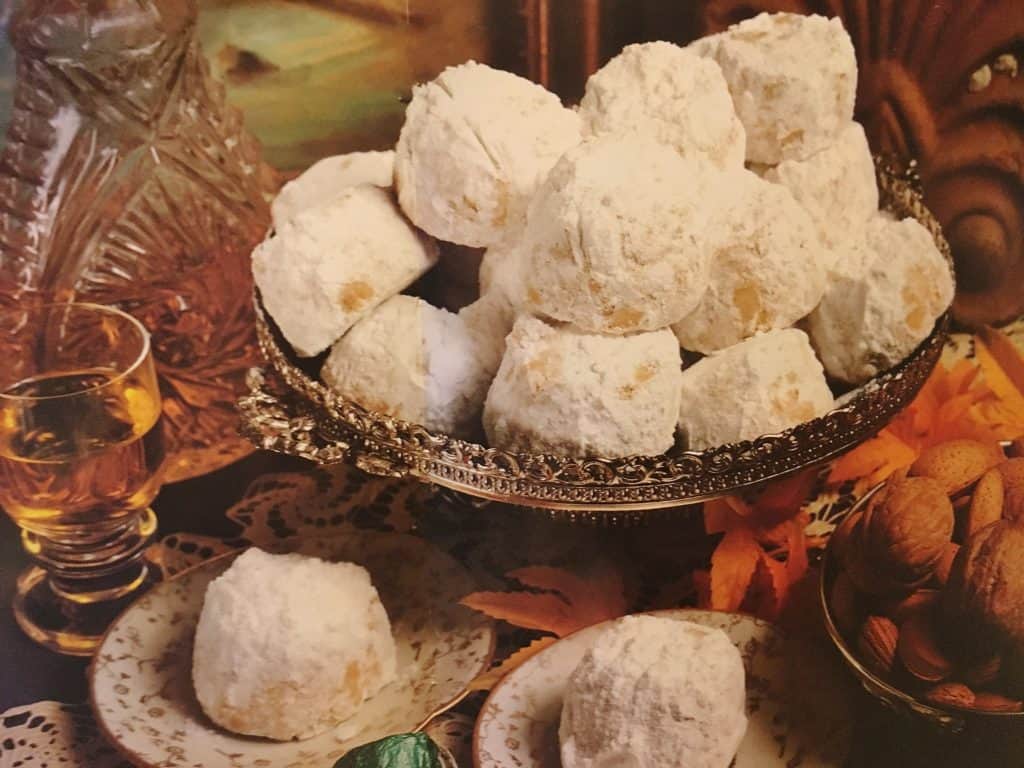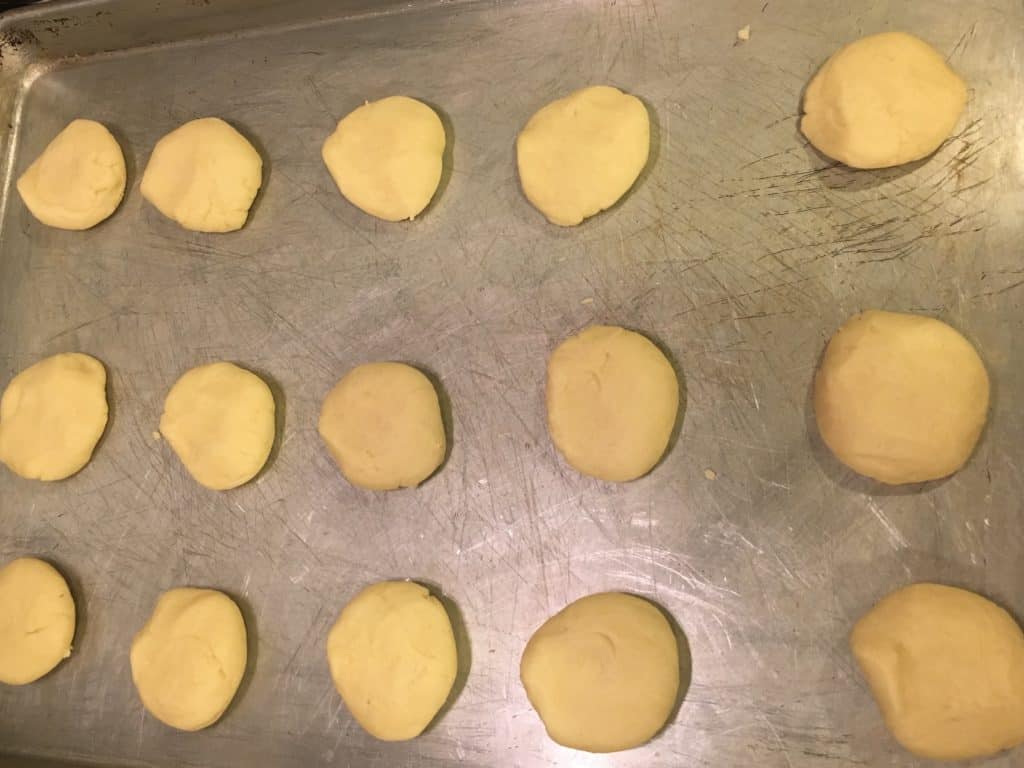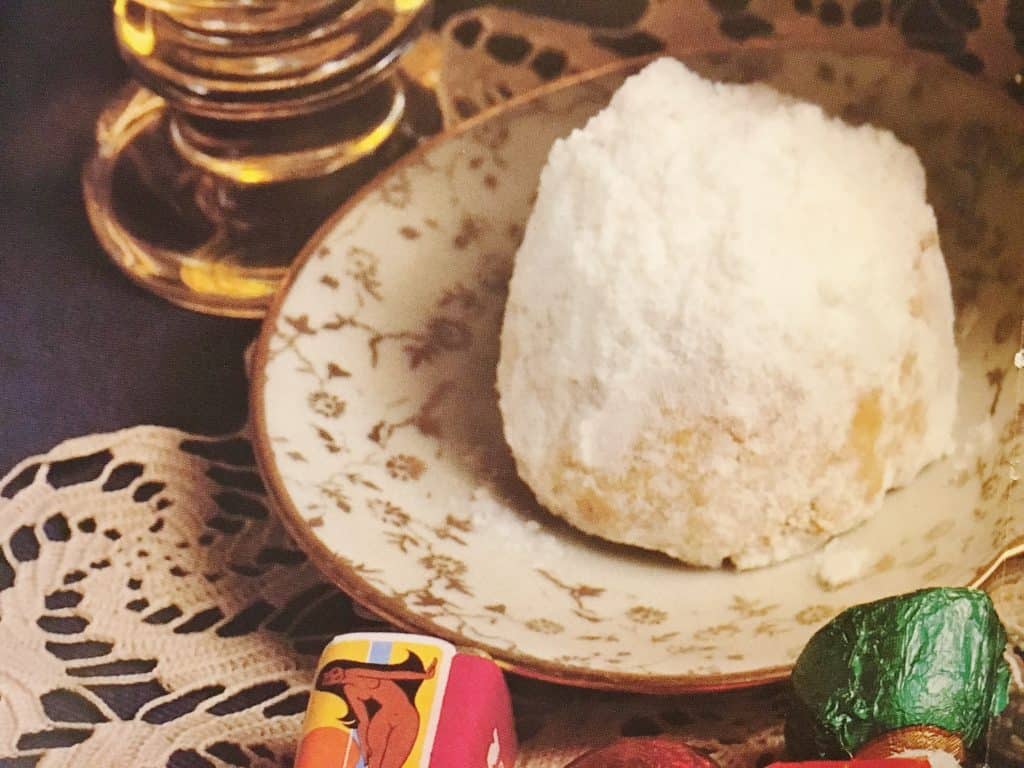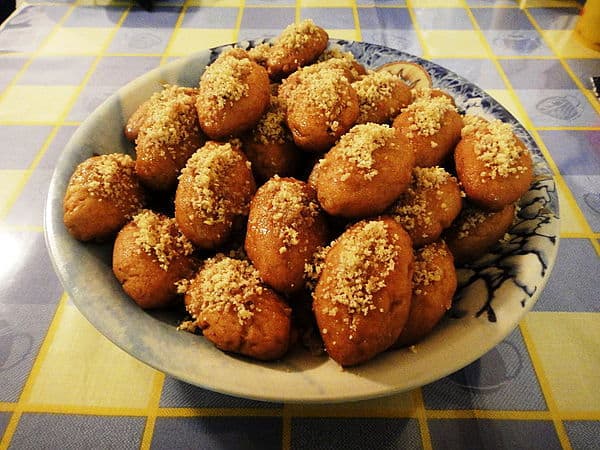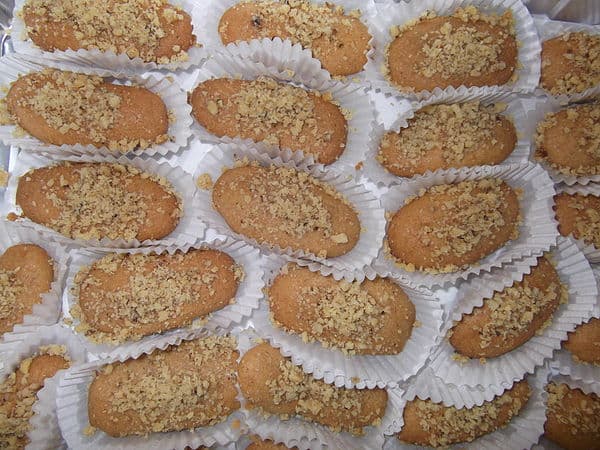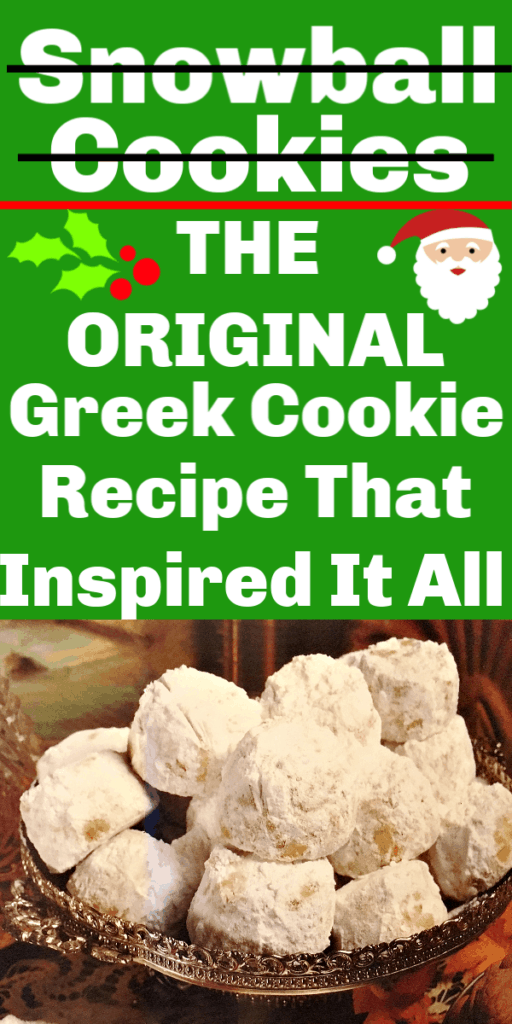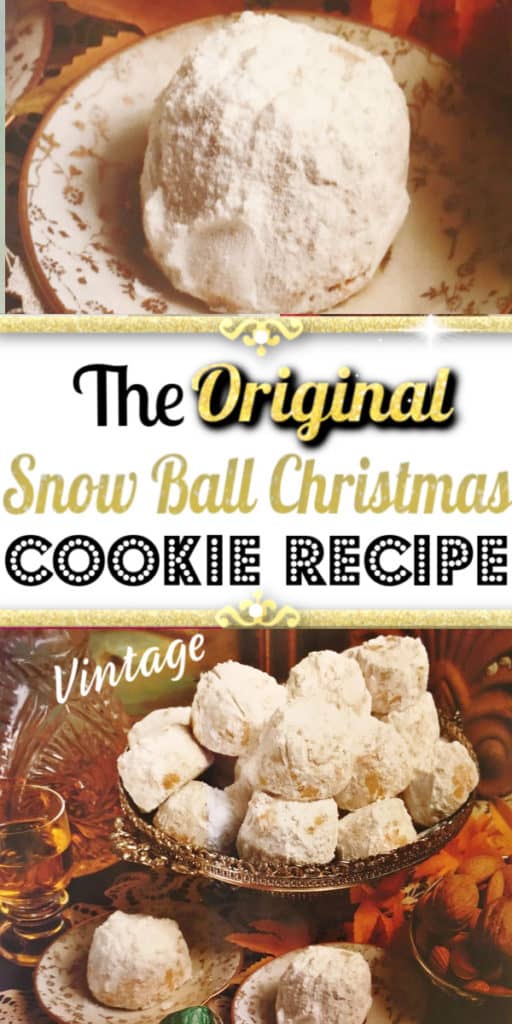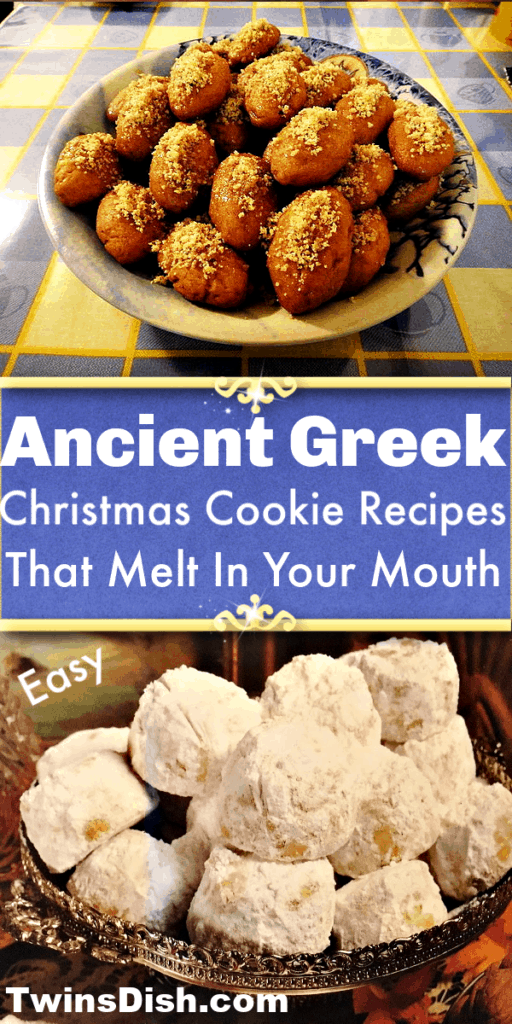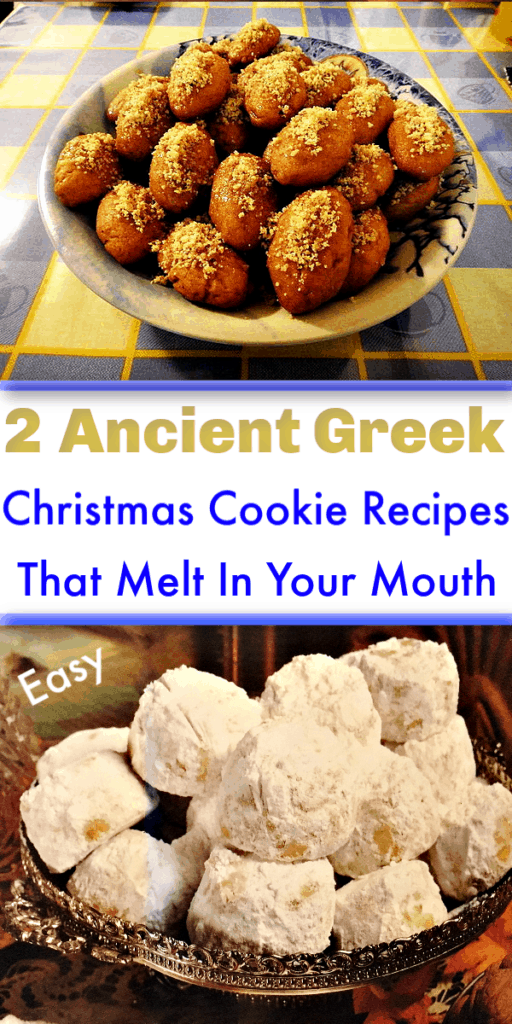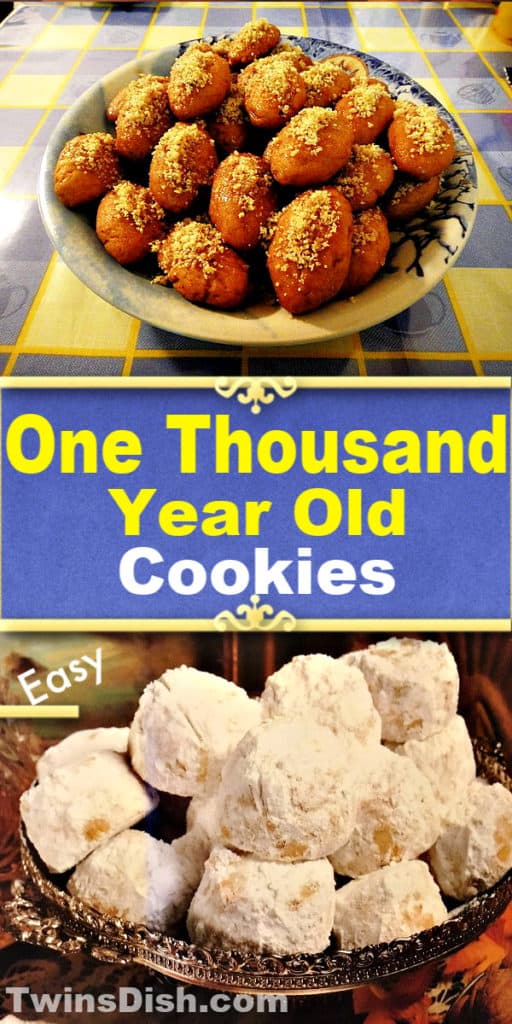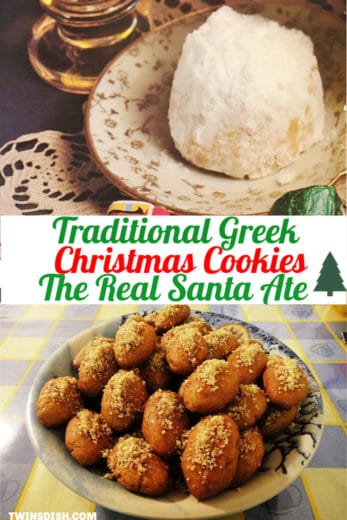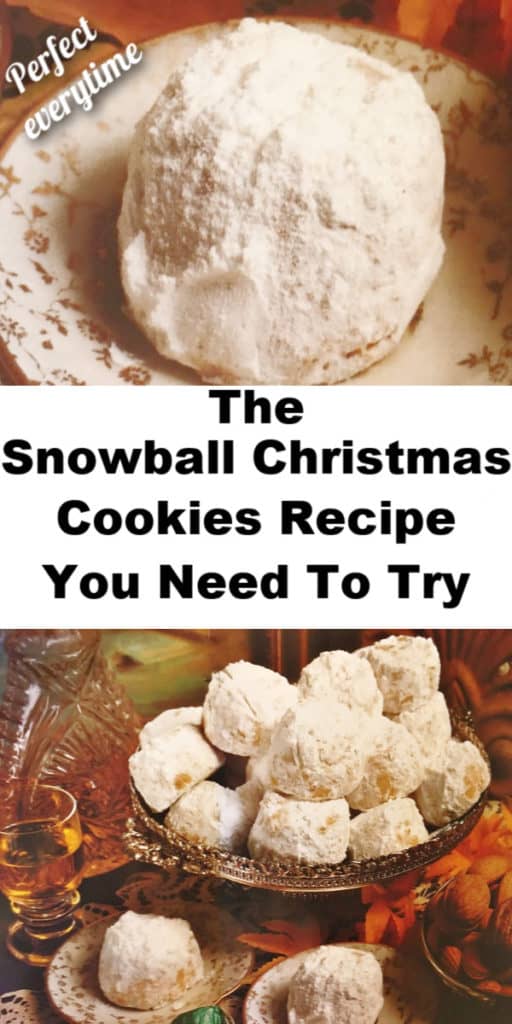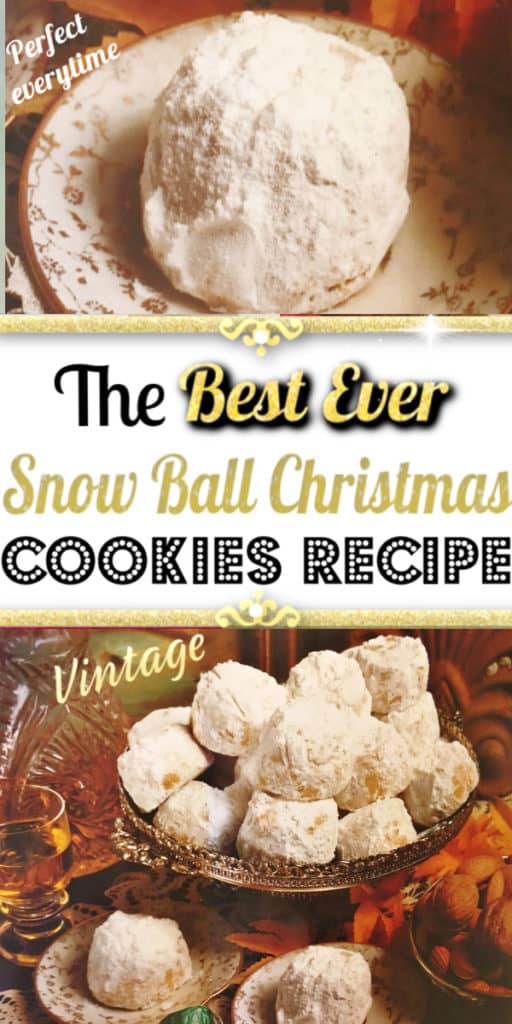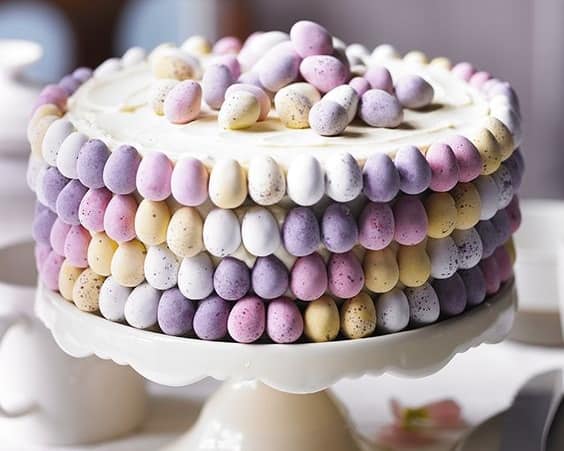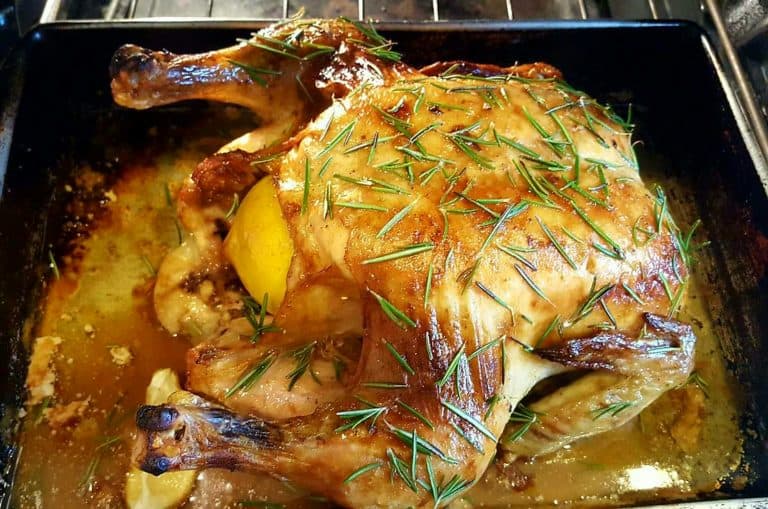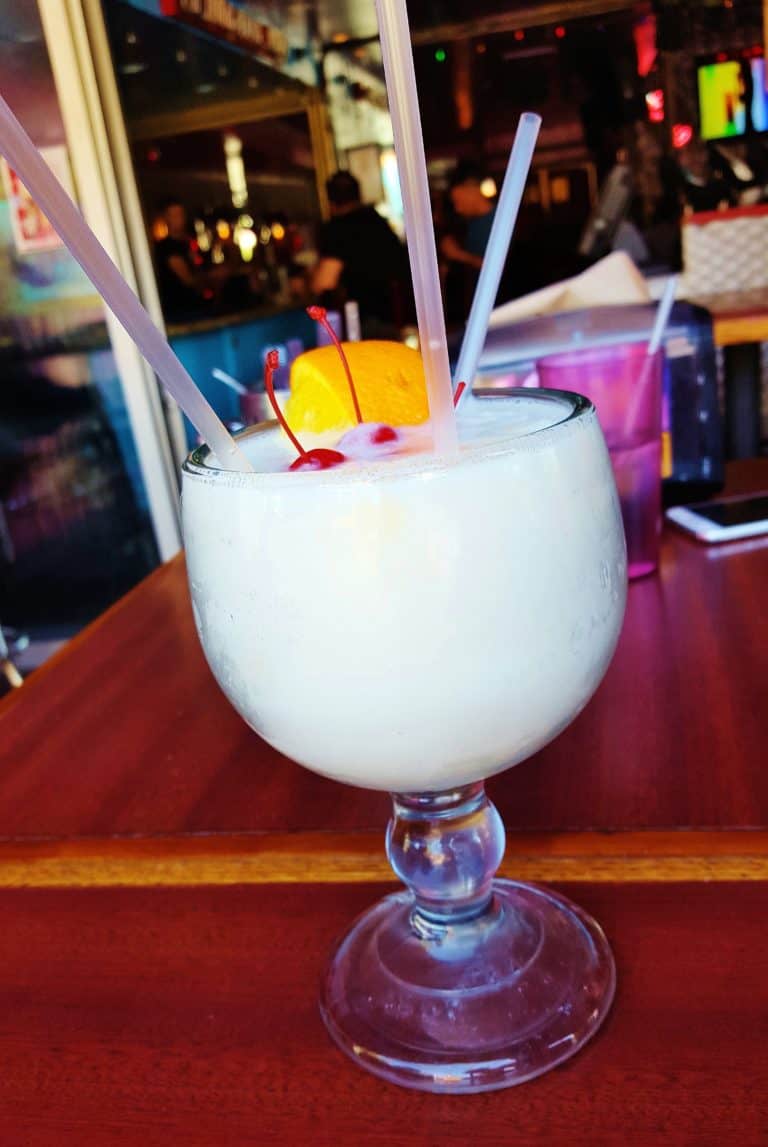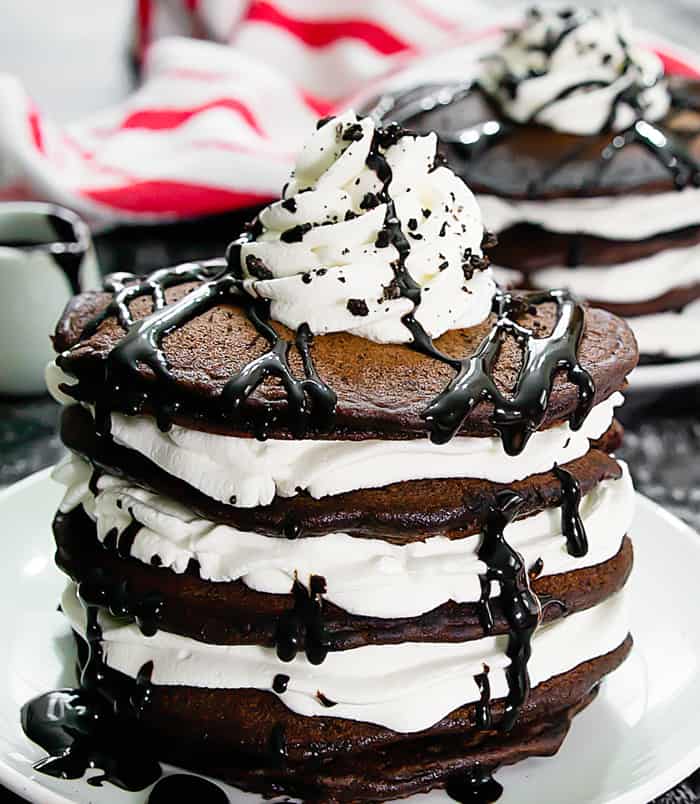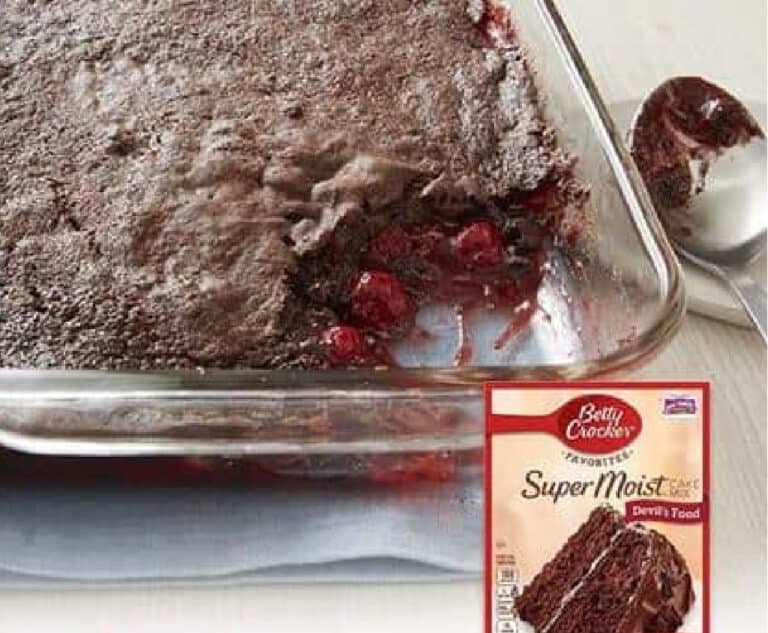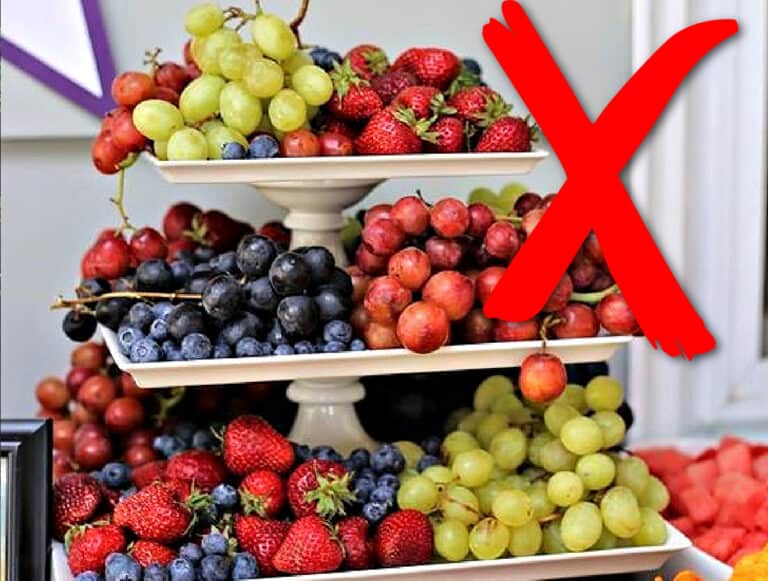Ancient Greek Christmas Cookie Recipes Santa Most Likely Ate
Are you thinking of leaving St. Nick some chocolate chips or Oreos this year? You may want to try these instead. We’re going to share with you the two melt in your mouth ancient Greek celebration cookie recipes that, according to history, St. Nicholas most likely ate.
They’ve been in our family for hundreds of years, but the recipes have been around for thousands.
You’ll also learn fun facts on the true origin of cookies and St. Nick. Yes, he is real!
The background of these cookies (and their delicious flavor) make them the best gifts for teachers, friends, or family, and a unique addition to any cookie exchange.
The History
What many people don’t know is that baking began in ancient Greece around 600 BC with bread, leading to the invention of enclosed ovens.
In 330 BC a Greek named Archestratus who lived in Italy, invented culinary arts when he wrote the very first cookbook, Gastronomia, which is where the term Gastronomy comes from.
The birth of confections came 3 years later in 327 BC when Alexander the Great of Greece discovered the value of sugar cane and spread it to much of the world.
Even though they may be given different names many of the recipes and techniques you see date back to ancient Greece or neighboring Persia.
One of the most popular cookie recipes that most people don’t know is Greek, is Kourabiedes which is widely known as Mexican or Russian Wedding Cookies or to Bloggers as “Snowball Cookies”.
Santa Claus Was Real!
Much like confections, many people don’t know the true origin of Santa Claus.
He was a wealthy Greek Christian Bishop in the ancient city of Myra, named St. Nikolas, known for leaving gifts and gold coins in the middle of the night for those who needed it.
Below are two melt in your mouth, ancient, Greek cookie recipes that St. Nick most likely ate.
The first recipe is Kourabiedes (Kor-ah-biyeh-thes), the traditional Greek celebration cookie (which served as the inspiration for Russian and Mexican wedding cookies and Snowball cookies).
Greeks primarily have used almonds since they give a smoother flavor but the original recipe calls for any nuts such as walnuts or pecans.
Many people use a different nut then rename the recipe which is one of the reasons there are so many different names for them.
Greeks serve them at weddings, Easter, Christmas, and any other celebratory occasion.
The second recipe is a lesser known Christmas cookie recipe that’s equally delicious.
Finikia (Fin-ee-kia), also known as Melomakarona (Melo-mack-uh-rona), is made with cinnamon and nuts coated in a honey syrup.
They’re so delicious that we get requests for these from family and friends every year. We also included another version of Finikia that omits butter.
We hope you enjoy both recipes and start incorporating a little bit of magic from ancient Greece into your Holiday traditions.
You’ll want to pin this for later:
Kourabiedes- Traditional Greek Celebration Cookies
(Original Snowball and Mexican/Russian Wedding Cookies)
Makes 5 dozen cookies
Ingredients:
1 lb. Sweet Butter (or unsalted)
1/2 Cup Powdered Sugar
1 Egg Yolk (optional)
1 Jigger Whiskey
1 Tsp. Vanilla Extract
6 Tbs. Nuts Chopped Fine (optional) We prefer toasted almonds
1/2 Tsp. Almond Extract (optional depending on nuts)
4 Cups Sifted Flour
For Topping:
3 Cups Sifted Confectioner’s Sugar
Directions:
- Preheat oven to 350 degrees.
- With an electric mixer, beat butter and 1/2 cup powdered sugar until creamy, about 15 minutes.
- Add egg yolk, flavorings, and almonds, beating until well blended.
- Remove from mixer and gradually add sifted flour to make a soft dough with a spatula or your hands.
- Pinch off pieces of dough and shape into desired design: crescent, round, etc.
- Place on ungreased cookie sheet 1 inch apart.
- Bake in oven at 350 degrees for 20 minutes or until very lightly browned
- Allow to cool slightly before removing from baking sheet
- Carefully place on flat surface sprinkled with confectioner’s sugar
- Sprinkle sifted confectioner’s sugar over cookies, cool.
Store in an airtight container. Cookies can be enjoyed weeks later.
Finikia/Melomakarona- Traditional Greek Christmas Cookies
Makes 5 dozen cookies.
Ingredients:
1/4 lb. of Butter
1 1/2 Cups Vegetable Oil
1 Cup Sugar
1 Cup Orange Juice
5 tsp. Baking Powder
3/4 tsp. Baking Soda
1 Tbs. Cinnamon
6-7 Cups Flour
For Syrup:
2 Cups Sugar
1 Cup Water
8 Oz. Honey
2 Tbs. Lemon Juice
For Topping:
1 lb. Finely Ground Nuts (We use walnuts)
1 tsp. Cinnamon
1 Tbs. of Sugar
Directions:
- Preheat oven to 350 degrees.
- Beat butter, oil, and sugar together for 5 minutes.
- Slowly add orange juice and blend well.
- Sift flour with cinnamon, baking powder, and baking soda and stir into mixture.
- Knead until mixture forms a ball and eaves sides of the bowl, adding more flour if necessary.
- Pinch off small pieces of dough, flatten in palm of hand, and roll into oval shape.
- Place on ungreased cookie sheet and bake in oven at 350 degrees for 20-25 minutes.
- Cool. Then make the syrup.
For Syrup:
- In a pan, boil sugar and water for 10 minutes.
- Add honey and lemon juice, and cook 5 minutes longer.
- Lower heat, and allow syrup to simmer.
- While syrup is simmering, place 4 or 5 cookies in the syrup for a few minutes, turning several times.
- With slotted spoon, remove cookies and place in colander to drain slightly.
For Topping:
- Combine 4 cups finely crushed nuts, 1 tsp. cinnamon, and 1 Tbs. sugar in a bowl.
- Roll cookies in nut topping and place on flat surface to cool. You can also dip or sprinkle them with the topping if you prefer.
Store in an airtight container. They taste even better days after!
Here is another version of Finikia that omits butter. It’s called Finikia Lathera. It uses the same instructions as above just a slight variation in the ingredients (no butter).:
1 1/2 cups vegetable oil
1 cup Sugar
1 cup Orange Juice
1 tablespoon Cinnamon
3/4 teaspoon salt
4 teaspoons baking powder
1/2 teaspoon baking soda
5 1/2 cups flour
Topping
1 Tablespoon sugar
1 lb finely ground nuts
1 teaspoon cinnamon
Now you can say you’ve actually baked the recipes that some of the Christmas cookie recipes today originated from and that St. Nicholas himself most likely loved. They’ll add magic to any celebration. Let us know how you enjoyed them!

